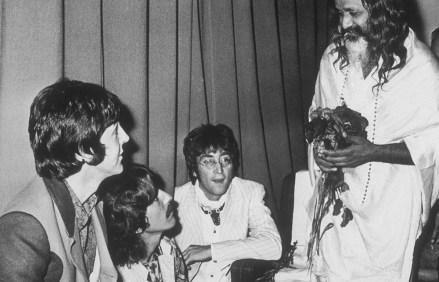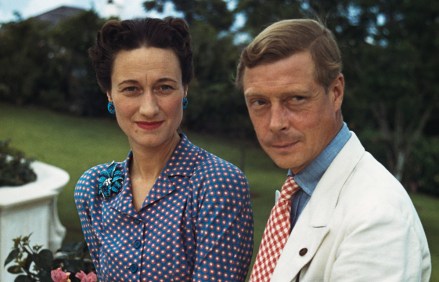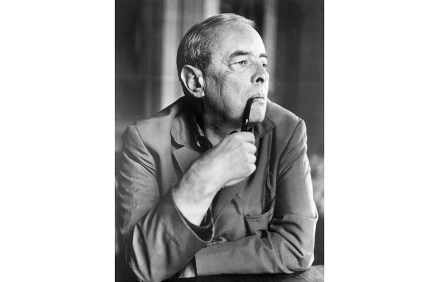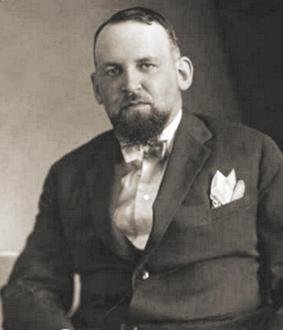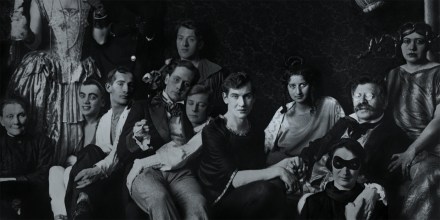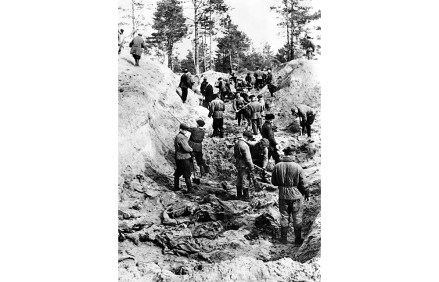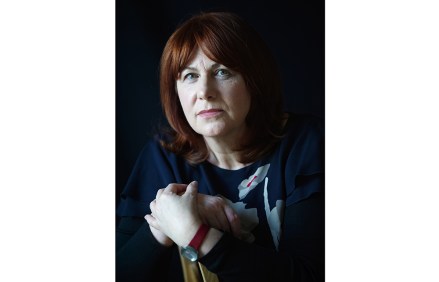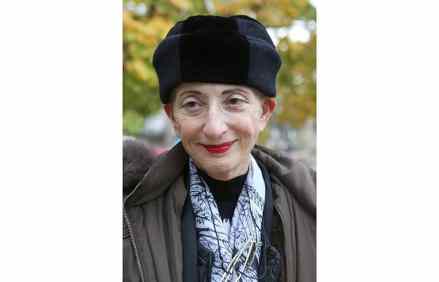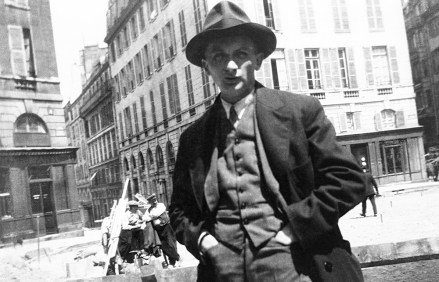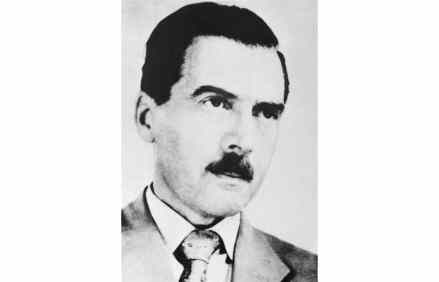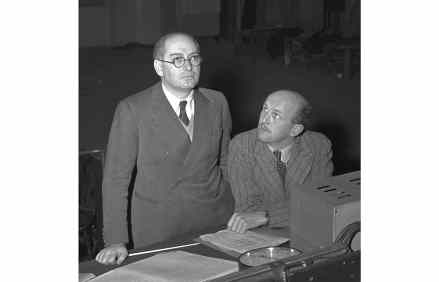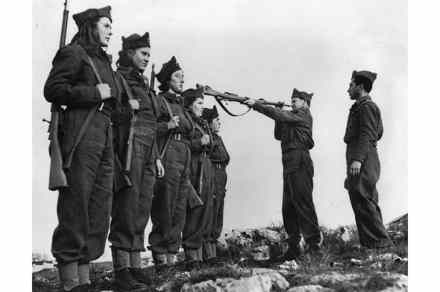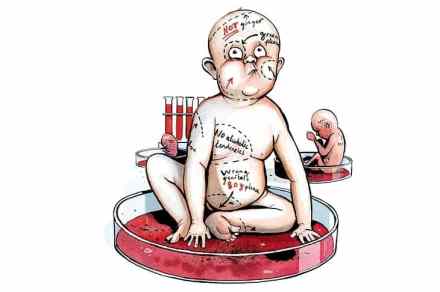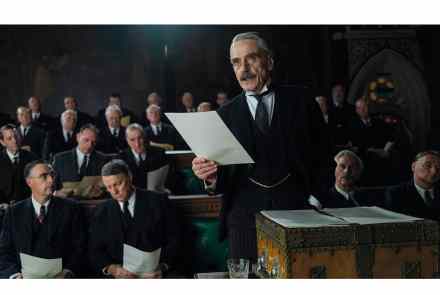An endurance test that I constantly failed: Occupied City reviewed
Occupied City is Steve McQueen’s meditative essay on Amsterdam during Nazi occupation, with a running time of four hours and 22 minutes. There is no archive footage. There are no witness testimonies. It’s not The Sorrow and the Pity. It is not half-a-Shoah. Instead, this visits 130 addresses and details what happened there between 1940 and 1945 while showing the building or space as it is today. It should have its own power – what ghosts reside here? What was life like for the Jews who were deported from this square and perished at Auschwitz? – but I watched it from home via a link, as I had Covid, and



